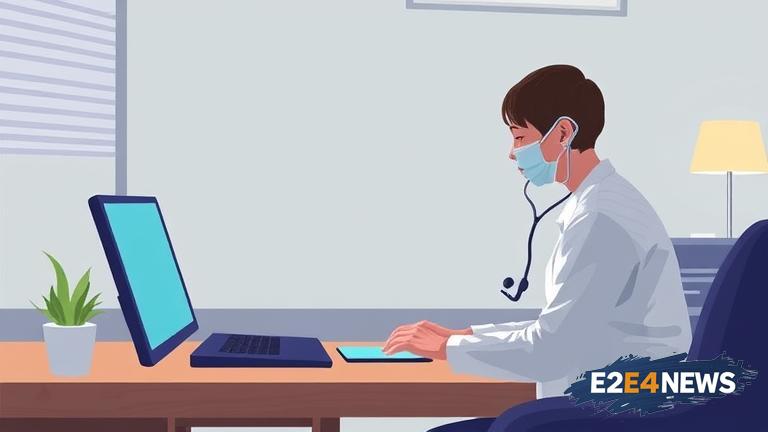In a groundbreaking move, Missouri’s telehealth network is poised to make sexual assault exams available 24 hours a day, 7 days a week. This expansion of services aims to provide timely and compassionate care to survivors of sexual assault, regardless of their location within the state. The initiative recognizes the critical need for immediate medical attention and forensic examination following a sexual assault, which can significantly impact the collection of evidence and the survivor’s overall well-being. By leveraging telehealth technology, Missouri seeks to bridge the gap in access to specialized care, particularly in rural areas where such services may be scarce. The 24/7 availability of sexual assault exams via telehealth will enable survivors to receive the care they need promptly, reducing the time-sensitive nature of evidence collection and potentially improving outcomes in legal proceedings. Furthermore, this service will be staffed by trained professionals who specialize in sexual assault examinations, ensuring that survivors receive care that is both competent and compassionate. The move is part of a broader effort to enhance support services for survivors of sexual violence, acknowledging the trauma and complexity of their experiences. It also underscores the importance of technology in modern healthcare, particularly in extending the reach of specialized services to underserved populations. Missouri’s decision to expand its telehealth network in this way reflects a commitment to addressing the unique challenges faced by sexual assault survivors and to providing them with the support and care they deserve. The implementation of this service is expected to have a positive impact on the state’s approach to handling sexual assault cases, emphasizing the need for swift, sensitive, and specialized care. As the state continues to navigate the complexities of providing comprehensive support to survivors, the integration of telehealth services represents a significant step forward. It not only addresses the immediate medical and forensic needs of survivors but also contributes to a broader cultural shift towards greater awareness and understanding of sexual violence. The service will be designed to ensure confidentiality and privacy, respecting the autonomy and dignity of survivors throughout the process. Training for healthcare providers will be an integral component, ensuring that all staff are equipped to handle the unique aspects of sexual assault cases with the sensitivity and expertise they require. Missouri’s initiative serves as a model for other states, highlighting the potential of telehealth to transform the delivery of critical care services. It also invites a broader conversation about the role of technology in enhancing access to healthcare, particularly for those navigating the aftermath of traumatic events. As the state moves forward with this initiative, it is anticipated that there will be ongoing evaluation and refinement of the service to ensure it meets the evolving needs of survivors and the communities they live in. The expansion of telehealth services to include 24/7 sexual assault exams is a testament to Missouri’s dedication to providing survivor-centered care and to its recognition of the importance of timely and specialized support in the healing process. This development is likely to resonate with communities across the state, fostering a sense of hope and reassurance that help is available and accessible. In conclusion, Missouri’s telehealth network expansion represents a pivotal moment in the state’s history of supporting survivors of sexual assault, marking a significant advancement in the pursuit of justice, healing, and dignity for those affected by sexual violence.
